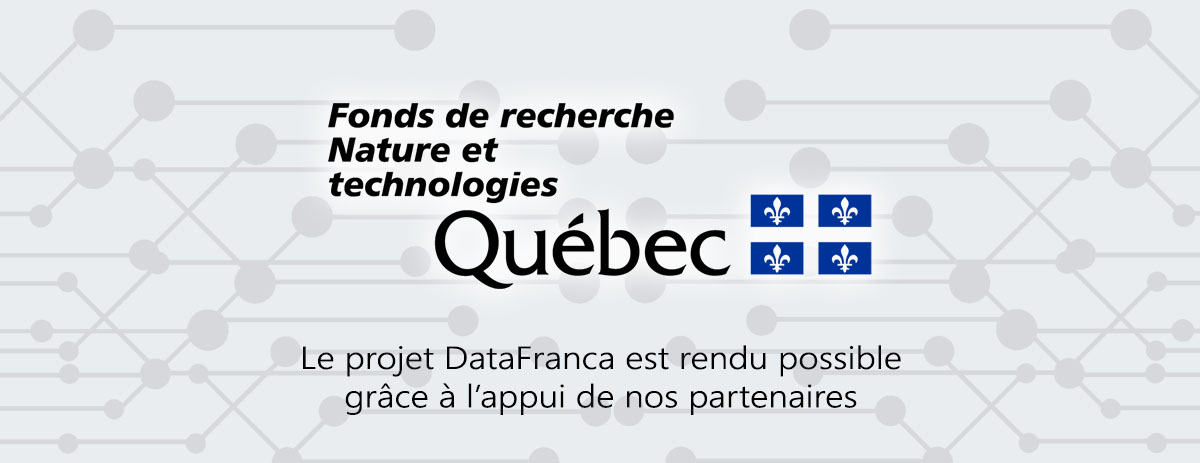« Orca » : différence entre les versions
(Page créée avec « ==en construction== == Définition == XXXXXXXXX == Français == ''' XXXXXXXXX ''' == Anglais == ''' Orca''' '''Progressive Learning from Complex Explanation Traces of... ») |
Aucun résumé des modifications |
||
| Ligne 1 : | Ligne 1 : | ||
== Définition == | == Définition == | ||
Orca est un modèle de 13 milliards de paramètres qui apprend les traces d'explications, les processus de pensée étape par étape et les instructions complexes de GPT-4, guidés par l'assistance de l'enseignant à partir de ChatGPT, afin d'améliorer de manière significative les modèles d'instruction SOTA. | |||
== Français == | == Français == | ||
''' | ''' Orca ''' | ||
== Anglais == | == Anglais == | ||
''' Orca''' | ''' Orca''' | ||
| Ligne 18 : | Ligne 13 : | ||
[https://www.microsoft.com/en-us/research/publication/orca-progressive-learning-from-complex-explanation-traces-of-gpt-4 Source : microsoft] | [https://www.microsoft.com/en-us/research/publication/orca-progressive-learning-from-complex-explanation-traces-of-gpt-4 Source : microsoft] | ||
[https://syncedreview.com/2023/06/09/microsofts-orca-learns-from-complex-explanation-traces-of-gpt-4-to-significantly-enhance-smaller-models/ Source : Synced ] | |||
[[Catégorie:vocabulary]] | [[Catégorie:vocabulary]] | ||
Version du 9 juillet 2023 à 13:44
Définition
Orca est un modèle de 13 milliards de paramètres qui apprend les traces d'explications, les processus de pensée étape par étape et les instructions complexes de GPT-4, guidés par l'assistance de l'enseignant à partir de ChatGPT, afin d'améliorer de manière significative les modèles d'instruction SOTA.
Français
Orca
Anglais
Orca

Contributeurs: Imane Meziani, Maya Pentsch, wiki






